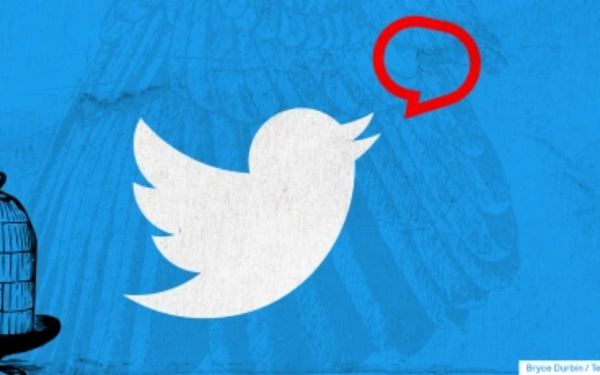About a dozen prominent journalists covering Elon Musk and his firms were banned from Twitter on Thursday night. Evidently the platform did this with no prior notification or explanation.
Mastodon, an alternative social networking platform that has gained popularity since Elon Musk seized control, has also had its account suspended by Twitter. In a tweet, Musk claimed that all of these accounts broke a major rule that was just a day old.
Unless a person has breached local laws where they are located, Twitter will issue many alerts or warnings before permanently banning their account. Since Musk took control, though, Twitter has begun suspending users without prior notice. The freedom of expression as Elon Musk sees it.
A Twitter account belonging to Mastodon, an open-source social media alternative that has been increasingly popular since Elon Musk’s acquisition of Twitter, was banned, leading to the restriction on journalists. Mastodon was banned when an account promoted a student-created bot that follows Musk’s private plane (@ElonJet) on the platform.
A small number of the affected journalists and accounts have already posted links to stories and screenshots concerning Mastodon’s suspension. Washington Post journalist Drew Harwell was suspended just before he tweeted about Mastodon being banned from the service.
Ex-MSNBC personality Keith Olbermann, New York Times reporter Ryan Mac, CNN anchor Donie O’Sullivan, Mashable founder Matt Binder, and writer Aaron Rupar are among those whose accounts have been suspended. All of the above media outlets routinely reported on Musk and have written extensively about him and his dominance on Twitter.
During his coverage of his suspension from Substack, Rupar said that he had linked to ElonJet’s Facebook page, which he believes may have been the reason for the ban. Mac revealed the Twitter message he got via a different account and said that he had been given no prior notice before the permanent ban.
Some of the banned accounts included links to Mastodon and ElonJet’s Twitter pages and screenshots of the tweet that seems to have caused Mastodon’s suspension.
However, the automatic algorithms implementing Twitter’s new rules against users like @ElonJet were excessive in this case because of Twitter’s diminished human moderation teams. Of all, Musk might just as well be using his own tastes to steer the moderation process in this direction.
Musk tweeted his justifications for the restriction. He said that the restrictions were on the books on purpose, and that “journalists” are subject to the same doxxing regulations as everyone else.
Same doxxing rules apply to “journalists” as to everyone else
— Elon Musk (@elonmusk) December 16, 2022
According to Musk, the bans will only be in effect for a week. After informing the blacklisted journalists that their accounts would be suspended “permanently,” he subsequently posted a poll asking his followers to determine their fate. It’s important to remember that no such notification was ever given to the blacklisted journalists.
Moreover, Twitter routinely alerts users about postings, enabling them to remove objectionable or dangerous material before banning them. Furthermore, the regulation that these accounts broke, which forbade users to provide “live location information,” is just 24 hours old, so no notice could have been sent and delivered in time for them to comply.

Subtly charming pop culture geek. Amateur analyst. Freelance tv buff. Coffee lover
